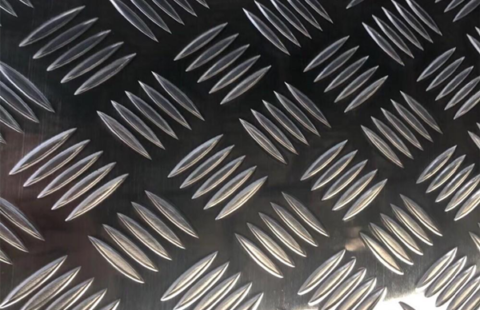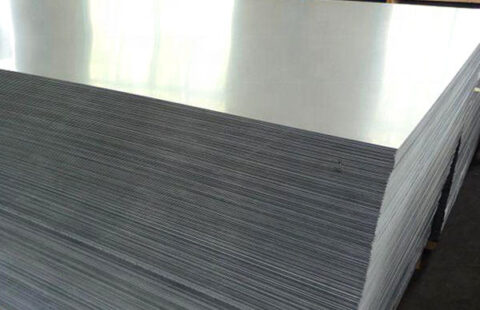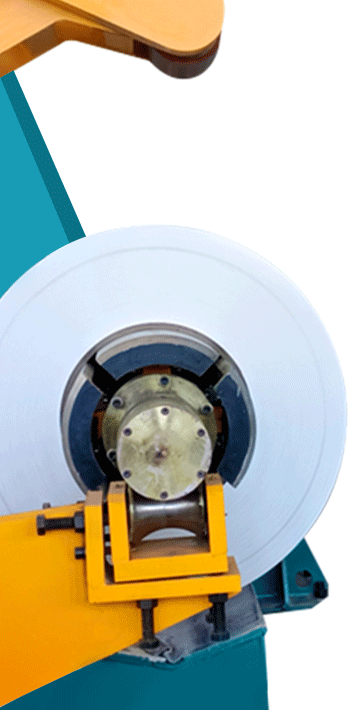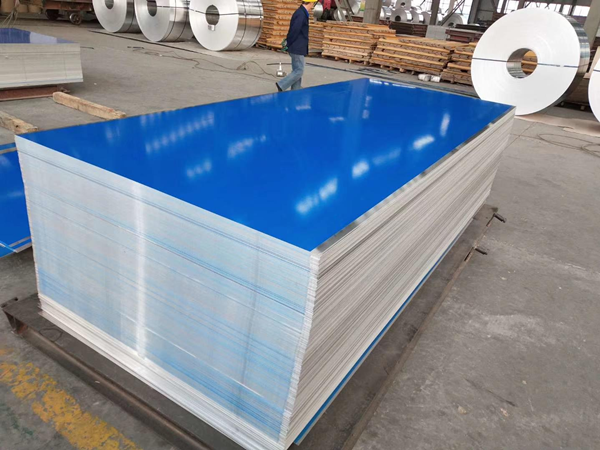
Aluminium Sheet Thickness Australia
In Australia, the standard thickness for aluminum sheet metal ranges from 0.6mm to 6mm. However, thicknesses can vary depending on the specific application and the type of aluminum alloy used. Some common thicknesses used in various applications include:
0.6mm: Thin aluminum sheet metal is commonly used for crafts, decorative projects, and other lightweight applications.
1.0mm: This thickness is commonly used for cladding, roofing, and other architectural applications.
1.6mm: This thickness is commonly used for commercial and industrial applications, such as sign making, automotive and transportation manufacturing.
2.0mm: This thickness is commonly used for structural applications such as building frames, flooring and other heavy-duty applications.
3.0mm: This thickness is commonly used for heavy-duty applications such as truck trailers, tanks, and other high-stress applications.
6.0mm: This thickness is commonly used for heavy-duty industrial applications such as shipbuilding and other marine applications.

Lightweight: Aluminum sheet metal is lightweight, making it easy to handle, transport and install.
This can reduce the overall cost of a project, as well as making it easier to work with.
Corrosion resistance: Aluminum sheet metal is highly resistant to corrosion, making it ideal for use in harsh weather conditions and environments, such as coastal areas in Australia.
Durable: Aluminum sheet metal is strong and durable, making it suitable for a wide range of applications, including construction, transportation and industrial uses.
Cost-effective: Aluminum sheet metal is relatively inexpensive and cost-effective, making it a popular choice for many different applications in Australia.
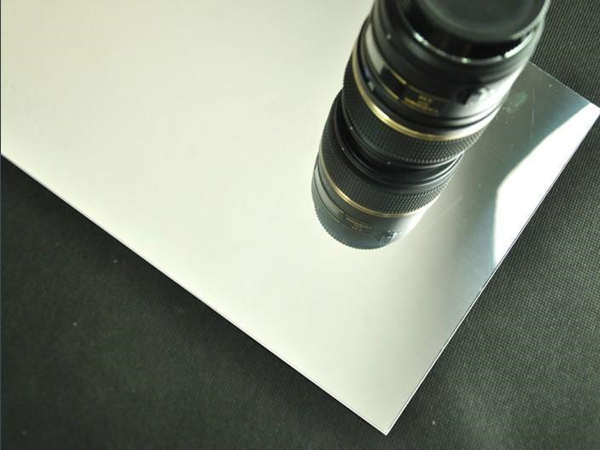
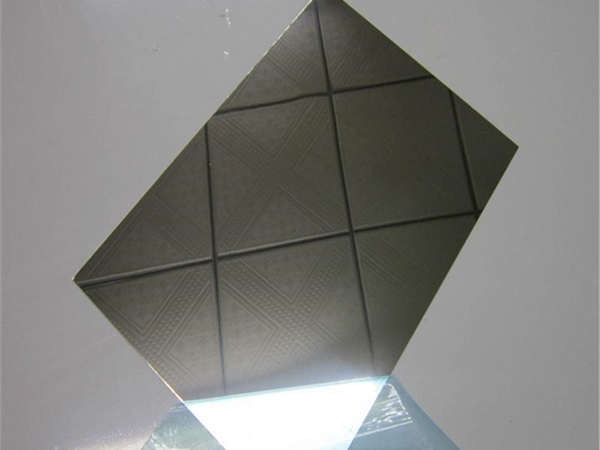
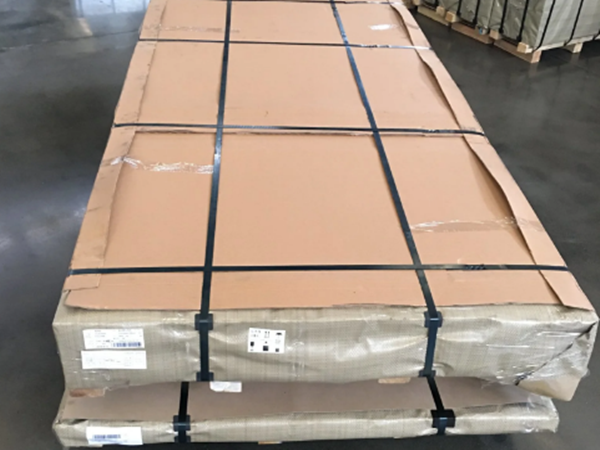
It’s worth noting that the standard thicknesses are not fixed and can vary depending on the supplier or the specific application. Aluminum sheets can also be customized to specific thicknesses as per the requirement.
Leave a Comment
You must be logged in to post a comment.

